
For a new Culture on the Edge series “You Are What You Read” we’re asking each member to answer a series of questions about books — either academic or non-academic — that have been important or influential on us.
1. Name a book you read early on that shaped the trajectory of your career.
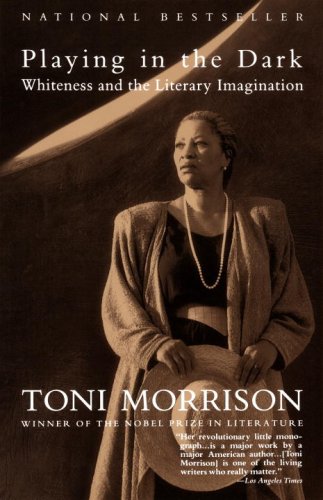 I was still very early in my graduate studies in English when I came across Toni Morrison’s Playing in the Dark: Whiteness and the Literary Imagination. Morrison is best known for her novels, of course, but this tiny book is a critical examination of what she calls an “Africanist presence” that has been key, in her reading, to the construction of literary notions of “Americanness.” I tend to think—both in fiction and in criticism, Morrison is at her best when she is at her most concise. My favorite of her novels has always been the quick but powerful read Sula, and I’m similarly taken with her ability to pack a lot of punch in the mere 91 pages of Playing in the Dark.
I was still very early in my graduate studies in English when I came across Toni Morrison’s Playing in the Dark: Whiteness and the Literary Imagination. Morrison is best known for her novels, of course, but this tiny book is a critical examination of what she calls an “Africanist presence” that has been key, in her reading, to the construction of literary notions of “Americanness.” I tend to think—both in fiction and in criticism, Morrison is at her best when she is at her most concise. My favorite of her novels has always been the quick but powerful read Sula, and I’m similarly taken with her ability to pack a lot of punch in the mere 91 pages of Playing in the Dark.
At that point as a grad student, I thought I’d be taking a relatively traditional approach, doing close readings of the works by “great” American writers (J. D. Salinger was the one I most wanted to write about). What struck me about Morrison’s text at the time was her interest in the structural or contextual concerns of the fiction she discusses (by Poe, Melville, Cather, and Hemingway, specifically). She deals with the ways in which ideas of individualism, freedom, manhood, discovery, etc.—all popular themes in so much American writing—rely heavily on an oppressive racial power structure that creates the space for writers and scholars to naturalize that very structure by ignoring concerns of racial identifications in the pursuit of “humanistic” matters. This was a big and productive blow to what I then thought to be the different and distinct worlds of “text” and “context.” Continue reading “You Are What You Read, with Merinda Simmons (Part 1)”


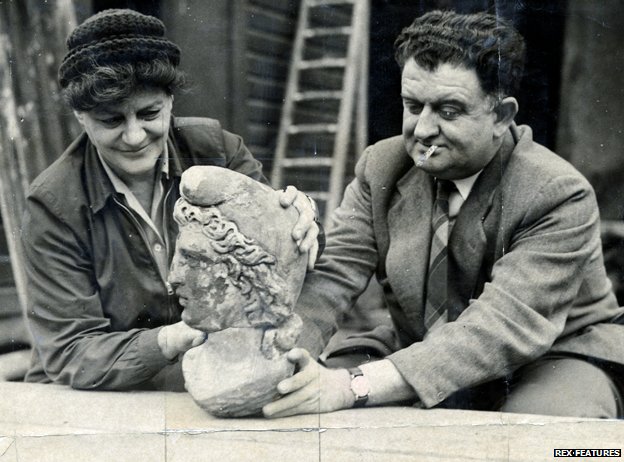
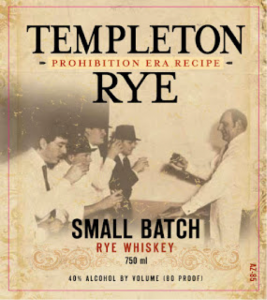
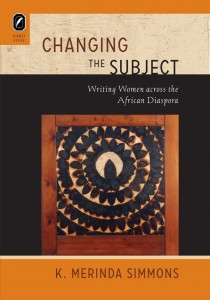

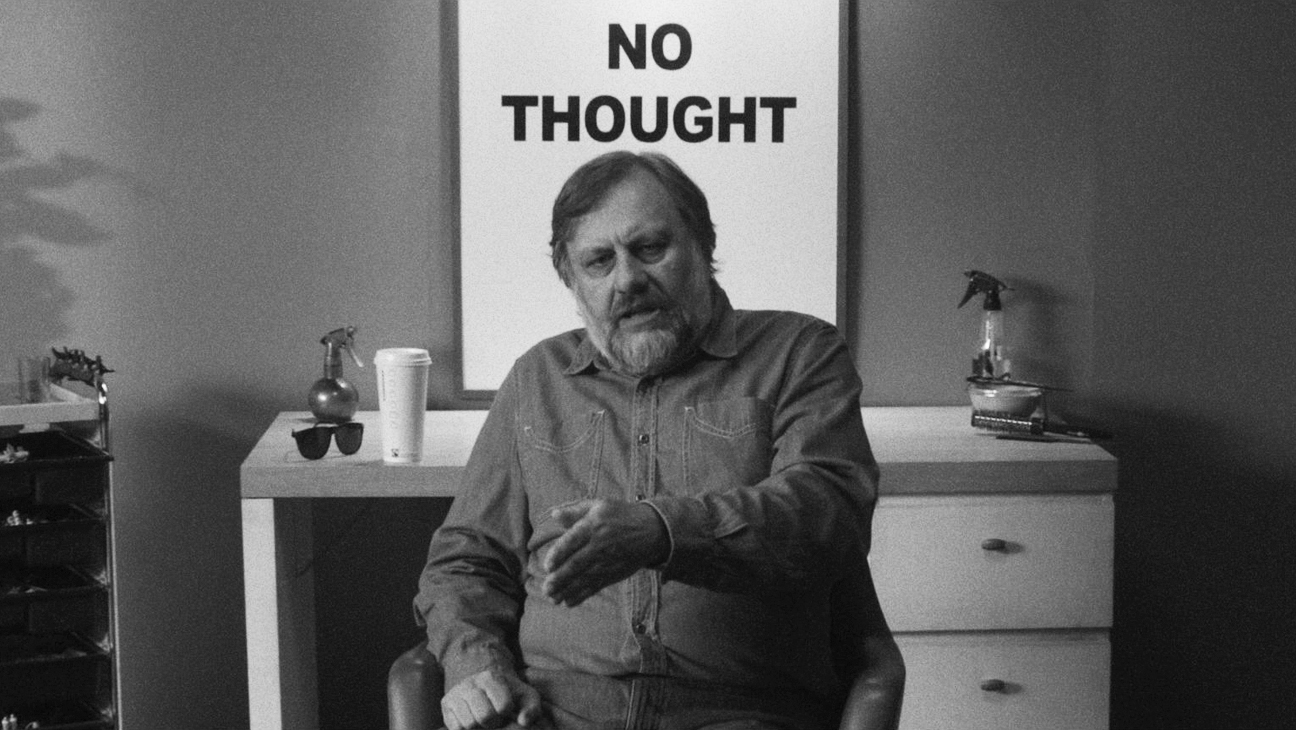

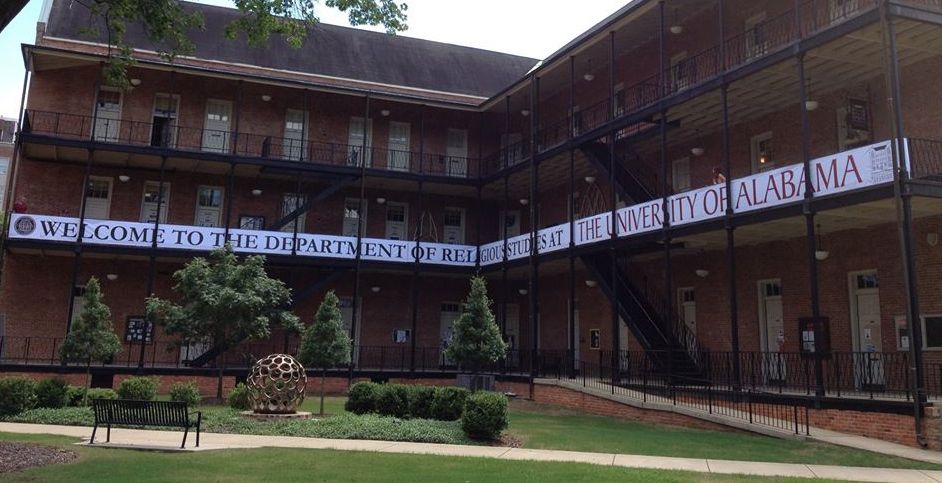
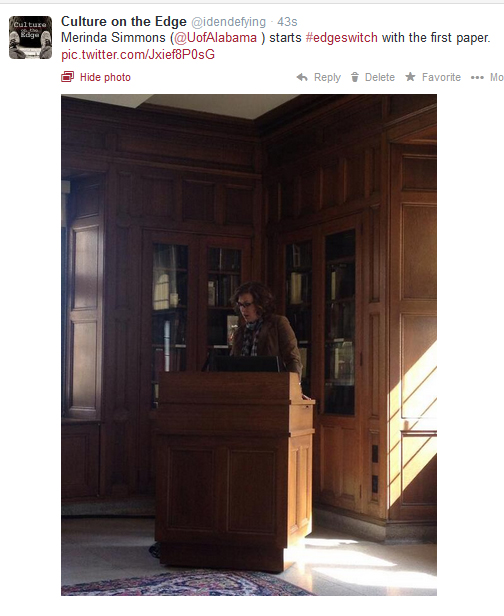 Live Tweets at
Live Tweets at